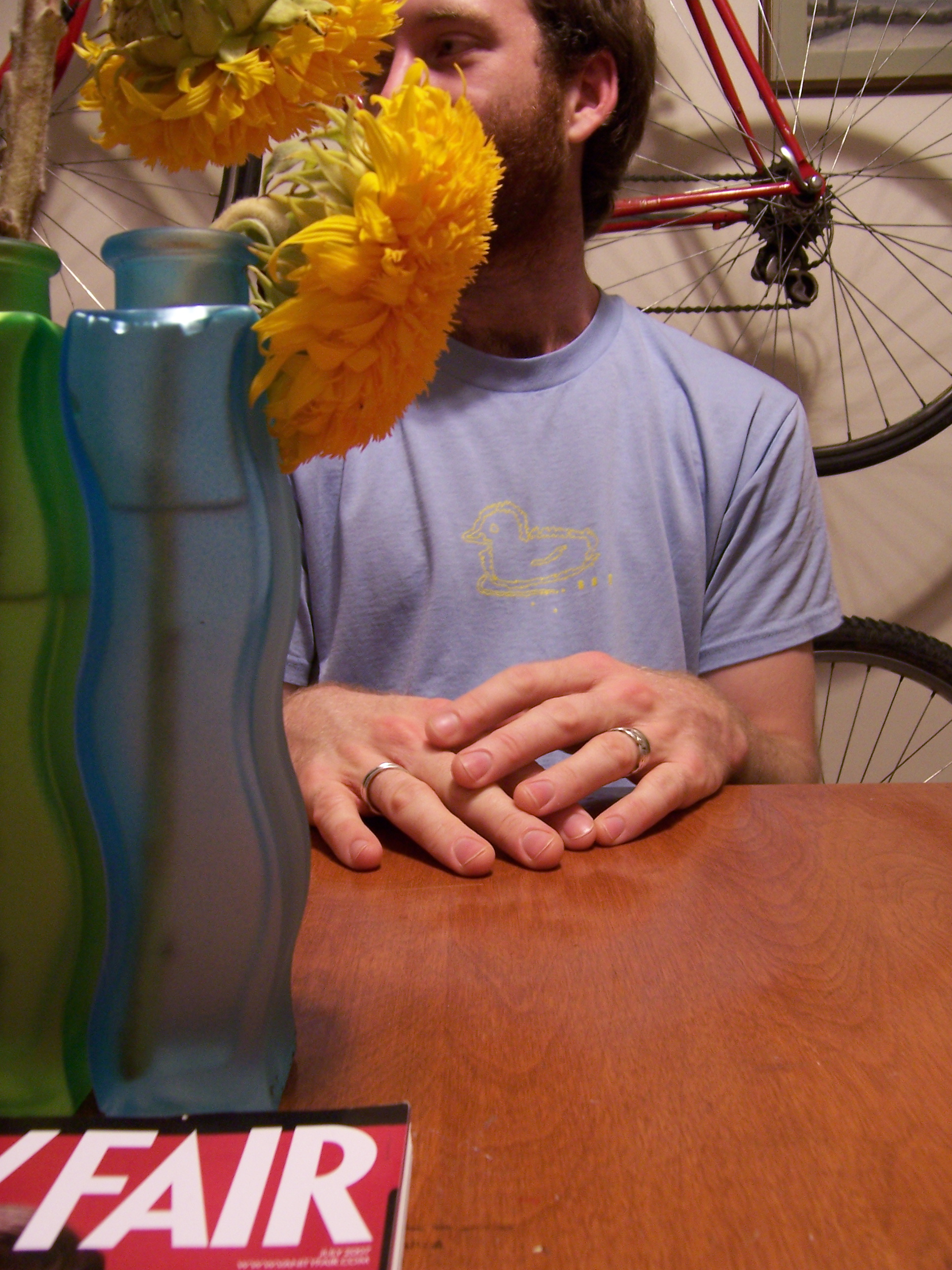That's a Good One, Emily Dickinson
Brad Fruhauff
 Editor-in-Chief Brad Fruhauff just figured out that Emily Dickinson was a funny lady. Sometimes.
Editor-in-Chief Brad Fruhauff just figured out that Emily Dickinson was a funny lady. Sometimes.
The Dover edition of Emily Dickinson's Selected Poems contains only 109 of her 1,700 known "poems."1 The other night, I sat down to select those I thought my students should study for the first week of our American Lit class this August. Mind, 109 poems by Emily Dickinson only amount to 49 pages of poetry, all of which features her idiosyncratic style of deceptively simple diction warped into complex syntax within a simple song-like meter. That means you could read it in about an hour and feel pretty good about yourself.
But if poetry is good for anything these days, it teaches us to slow down. The condensation and ordering of language in poetry requires more thought and attention than reading a blog or watching most a film. My need to cull the collection for the "gems worth studying" was additional incentive to take my time and pay attention.
What I found was a new side of Emily Dickinson. I tend to think of her as the poet of death - "I heard a funeral in my brain," "I heard a fly buzz when I died," for instance. But she also writes on nature, love, and the spiritual life, and, most surprisingly, is occasionally even funny.
Granted, it's often a Coen brothers kind of dark humor. Take this poem, for instance, in which a meditation on how death takes us beyond our decadent desires turns suddenly into a biting satire on our vanity:
The dying need but little, dear, -- A glass of water's all, A flower's unobtrusive face To punctuate the wall,
A fan, perhaps, a friend's regret, And certainly that one No color in the rainbow Perceives when you are gone.
Or, in another poem, the speaker imagines being carried through town in her coffin, thinking on all the things and people she'll miss:
'Twas just this time last year I died. I know I heard the corn, When I was carried by the farms,-- It had the tassels on. ............................................ I wondered which would miss me least, And when Thanksgiving came, If father'd multiply the plates To make an even sum.
But since that upsets her, she switches tactics and imagines those she's leaving from another perspective:
But this sort grieved myself, and so I thought how it would be When just this time, some perfect year, Themselves should come to me.
In yet another she apostrophizes the letter she is writing to a lover, asking it to tell him everything that went into the composition of the letter - or, almost everything:
"Tell him the night finished before we finished, And the old clock kept neighing 'day!' And you got sleepy and begged to be ended-- What could it hinder so, to say? Tell him just how she sealed you, cautious, But if he ask where you are hid Until to-morrow,--happy letter! Gesture, coquette, and shake your head!"
For you good Christians out there, she's implying the letter will be kept "next to her heart" (i.e., her breasts, if you're still lost).
I was quite pleased to discover Dickinson's playful side; it gave me license to imagine even the darker poems being written with a certain twinkle in her eye. This is the joy of really studying something--each new approach can reveal something new even in a poem you've read a dozen times.
Incidentally, I think I'll assign the whole book to my students, in two chunks. I want them to look for the patterns and develop a more sophisticated picture of Dickinson than focusing on a few popular poems can accomplish. Plus, it will be a good introduction to the challenge of reading well while reading widely, a skill so hard to practice in our hypertext world.
I'll end with one more poem that I haven't decided whether it's playful in this way or not. If it's not, then it tends toward didacticism. If it is, then it's in that human comedy way.
So proud she was to die It made us all ashamed That what we cherished, so unknown To her desire seemed.
So satisfied to go Where none of us should be, Immediately, that anguish stooped Almost to jealousy.
Brad Fruhauff is Interim Editor-in-Chief of Relief. He has published fiction in The Ankeny Briefcase, poetry in Relief, Salt, and catapult, and reviews in Burnside Writers’ Collective and The Englewood Review of Books. He teaches English at Trinity International University.